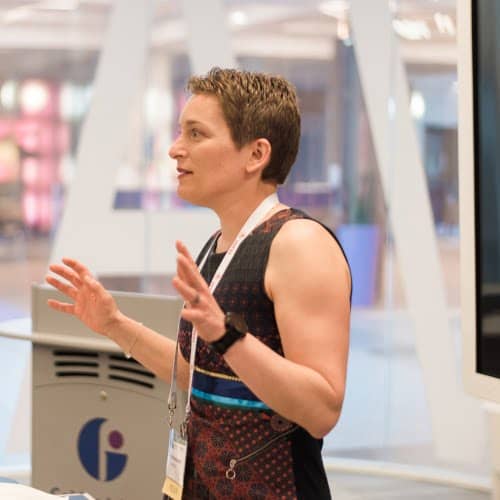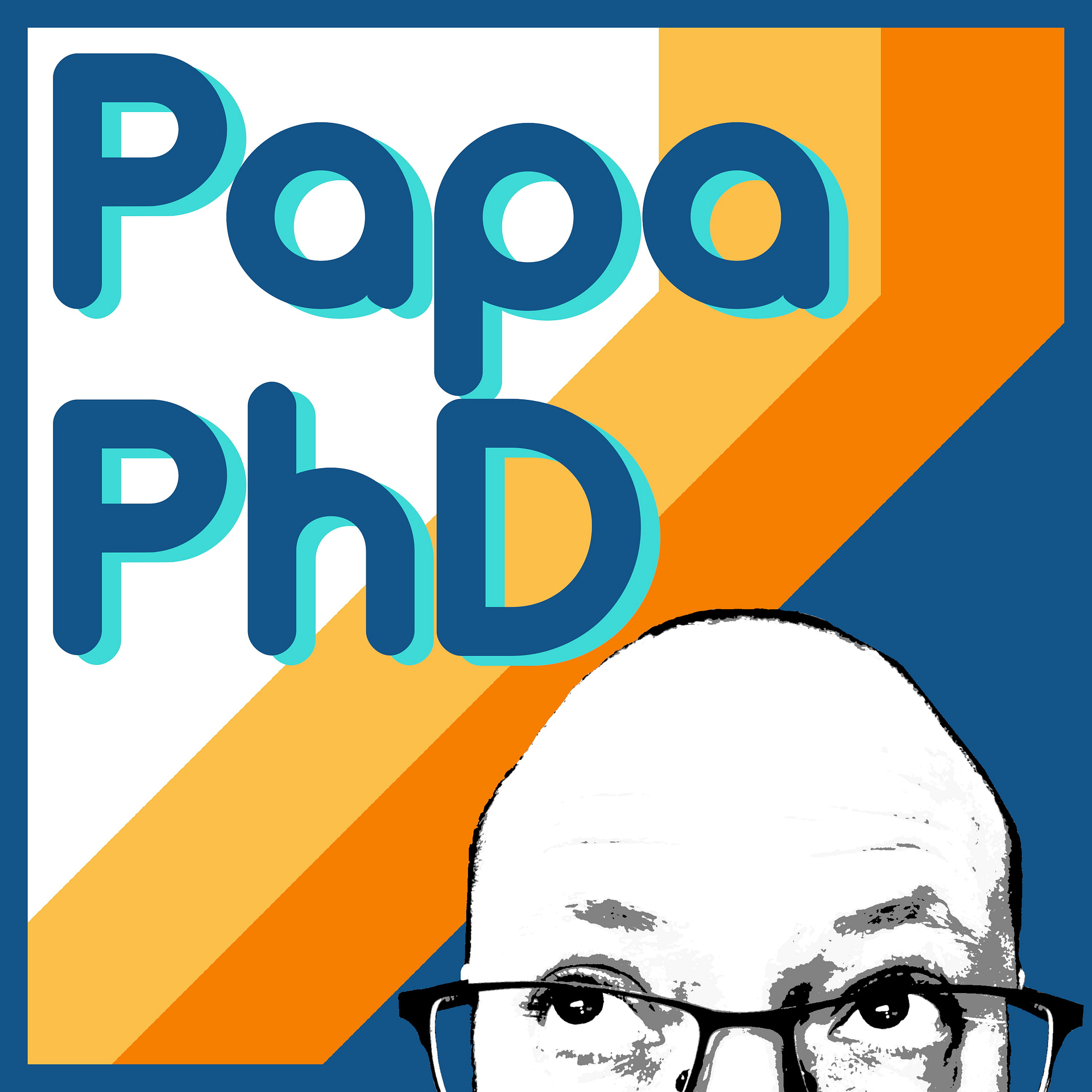Imagine swimming 1.9 kilometers, then biking 90 kilometers through the hills of Mont-Tremblant, and then running a half-marathon. It may sound impossible or a task for super-humans… But people like you and me set out to do it, diligently train for months and months, and they do it – they complete an IronMan, or in this case a Half Ironman. And when they do, they push through physical pain, through mental blocks, and trough thoughts of giving up. And crossing that finish line is their prize, bringing them feelings of exhilaration, accomplishment, and empowerment. When you embark on a master’s or a PhD, you owe it to yourself to finish and to be empowered by what you learned and by what you accomplished, and to come out stronger for whichever life project you choose to embrace. In this Episode, Fiona Robinson will share her insights on pushing through and on finding a fulfilling professional life outside of academia.

Following a PhD in RNA Biochemistry at Cambridge University and a post-doc in developmental neurobiology/oncology at the Toronto Hospital for Sick Children, Fiona moved to Montréal and shifted careers into science communication/medical education. Currently she is the Educational Materials Manager in a mid-size international medical not-for-profit, a lead volunteer in the local women’s hockey community, and half an IronMan! As Educational Materials Manager, Fiona is responsible for the creation, editing, production, and publication of all of the educational materials of the World Federation of Hemophilia (WFH), an international not-for-profit that serves the global bleeding disorders community. She conducts needs assessments to understand what resources are most needed and then works with volunteer subject matter experts from around the world and local freelancers to create the content, which she then edits and sees through production in up to 6 languages. Equal parts project manager and medical editor, she is continually challenged to ensure that the complex medical content is presented in language that clearly communicates the key messages to the intended audience, which can range from hematologists to dentists to parents of newly diagnosed children. Managing budgets and timelines, volunteers and contractors, and diverse cultural and socioeconomic contexts requires many of the “soft skills” that she developed working in research and, just as importantly, exploring non-research interests during her time in academia.
What you’ll learn about in this episode:
- The value of finding your passion to instruct your career search
- How nurturing a rich life outside research can open doors for you later on
- Dealing with the uncertainty of the non-academic job market
- Defusing the socially awkward/standoffish academic stereotype
- The importance of tailoring your CV and of tailor-writing your cover letters to each potential employer and position
- Looking around and keeping a job posting scrap-book as a way of identifying potentially fulfilling careers
This episode’s pearls of wisdom:
“You don’t have to know exactly what your job looks like, or what it is, or what its title is. You have to kind of know what your passion is, what you’d like to be able to do, what you feel like you can do, and then you start looking around for it.”
“If you are happy when you’re in the lab and you’re seeing a result for the first time, and that’s making you super happy, that’s telling you something. But if you’re happy when you’re out playing hockey, or when you’re editing a paper for a friend, or when you’re in the schools purifying DNA from banana for the six-hundredth time, that’s telling you something, too, and you have to listen to yourself on that.”
Fiona’s link: eLearning.wfh.org
You might also like the following episodes:
James Bowers – Communication consulting: PapaPhD.com/39
Joana Lobo Antunes – Science Communication: PapaPhD.com/25
Kelly Bullock – Science illustration: PapaPhD.com/9
Kirsten Sanford – Science communication: PapaPhD.com/13
Launching your podcast?
If you’re preparing to launch your podcast, you may be asking yourself what hosting platform to use.
I launched Papa PhD on Bluebrry because I wanted a professional service that would interface with my WordPress website, that would robustly broadcast Papa PhD to all platforms, and that would allow me to grow my podcast in years to come.
And these are the reasons why I’m recommending the Blubrry podcast hosting and syndication platform.
Click on the button below or use the promo code PapaPhDBlue on the Blubrry website to unlock a one month free trial:
If you are starting a serious podcast project, do consider one of the first podcasting hosts out there, offering state of the art services, including IAB certified statistics, based on years of experience in the podcasting space.
Happy podcasting!
